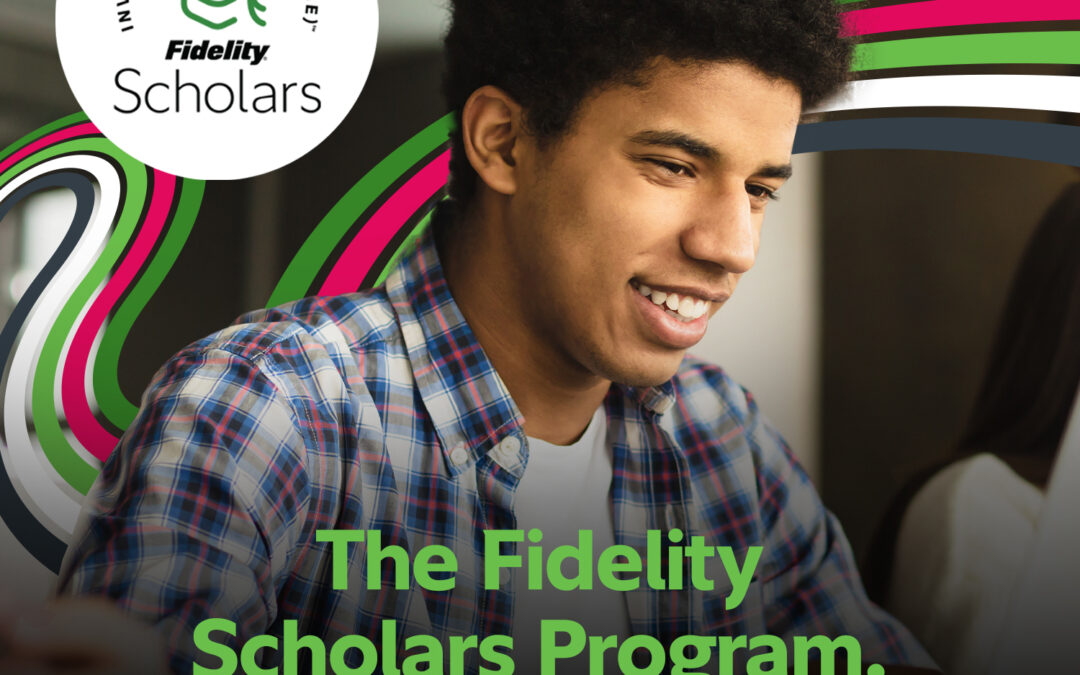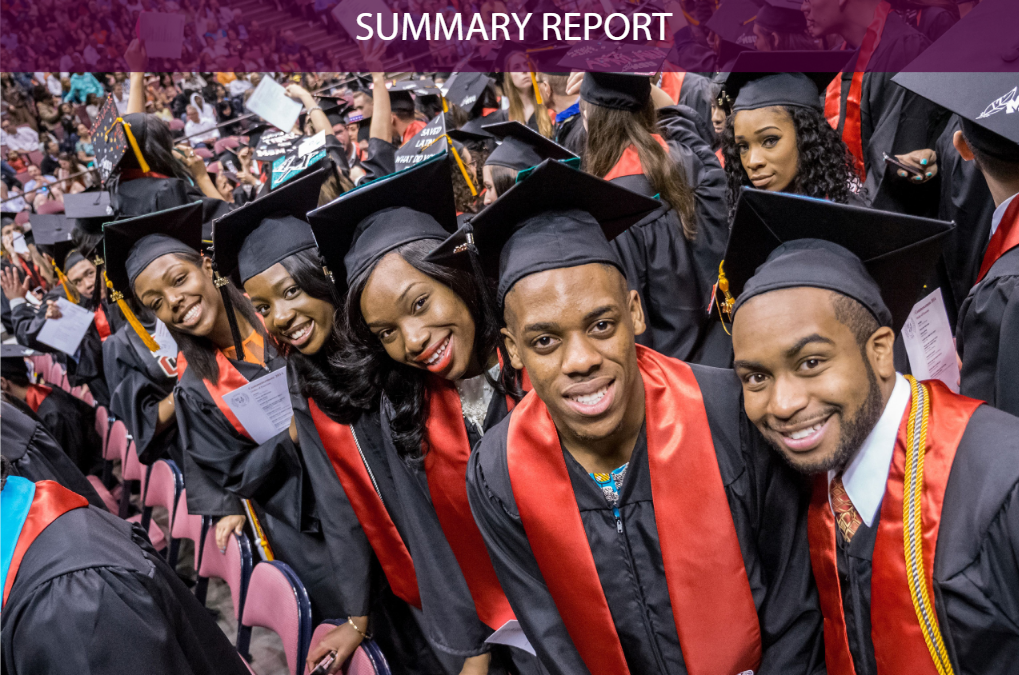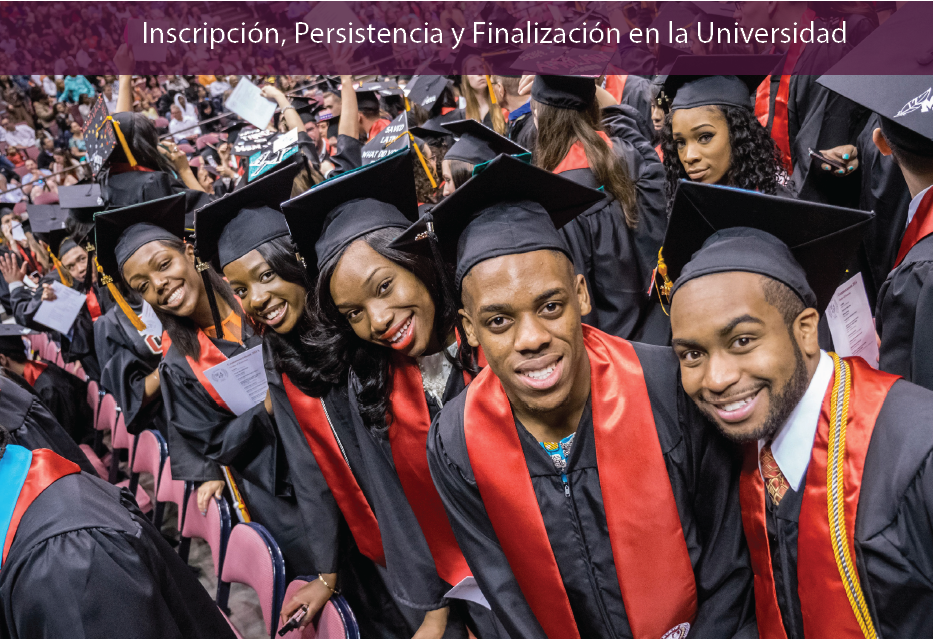
UNCF Fidelity Scholars Program DUE Jan 31, 2025
Opens: October 1, 2024
DUE January 31, 2025

Opens: October 1, 2024
DUE January 31, 2025

By Elisabeth Kim, Ph.D., Bernie Lombardi, Ph.D., and Robyn Ince, Ed.M.
FROM NEW JERSEY STATE POLICY LAB
The New Jersey State Policy Lab, in collaboration with the Newark City of Learning Collaborative (NCLC), has released a new report that examines barriers and opportunities to reengaging COVID-disconnected college students ages 18 to 26 in Newark, NJ. In New Jersey, postsecondary enrollment dropped 6.7% from the spring of 2021 to the spring of 2022, according to the National Student Clearinghouse Research Center. Newark experienced an even greater drop of 9% in undergraduate enrollment.
Our report informs the “narrative gap” between dropout youth (as articulated in NJ Assembly Bill 398 which established the Office of Dropout Prevention and Reengagement of Out-of-School Youth and the Student Dropout Prevention Task Force), and the 18- to 26-year-olds who are not currently enrolled in college. As a part of this research, from December 2023 to May 2024, we conducted listening sessions, focus groups and/or interviews with 22 disconnected youth between the ages of 18 and 26, as well as 10 representatives of local community-based organizations (CBOs) that work with this population. We explored their exposure to planning for the future while in high school, factors that dissuaded them from enrolling or reenrolling in college, youth mindset around college enrollment, social-emotional factors impacting mindset, COVID’s impact on college enrollment, and available opportunities and supports in Newark. We also completed a landscape scan of nine community-based organizations providing support to Newark youth who are disconnected from college.
We found that youth in Newark are mostly exposed to planning for the future through their high school teachers and school counselors, but they would like to engage in more college visits and receive support that is targeted to students with goals other than traditional 4-year colleges as well. Disconnected youth, including those who are “college ready,” are dissuaded from enrolling in postsecondary education by financial issues, social-emotional factors impacted by life events such as the death of a family member, and the assumption that college is not for them. To address immediate financial needs and obligations, they often have to work to make ends meet in the now but are unsure how to and/or lack the privilege of time and resources to plan for long-term goals.
The COVID-19 pandemic and virtual schooling further exacerbated these feelings of disconnection. Some of those who had started on a path toward postsecondary education quit during this period and are unsure of who to turn to in order to get the support and guidance they need in how to apply to or return to college. Many disconnected youth still feel that college is a worthwhile investment to attain their goals though some question its utility in a modern technology-based society. These youth do have access to several Community-Based Organizations (CBOs) in Newark that offer support with planning for the future but are not always sure how to access it. Since they have graduated from high school but are not enrolled in college, they are not sure where to go for support.
This is an important time for the youth of New Jersey. It is our hope that – through initiatives such as New Jersey Senate Bill 3080, which establishes the Youth Disconnection Prevention and Recovery Ombudsperson (YDPRO) in the Department of Education and the School Disconnection Prevention Task Force, as well as the work of researchers, local CBOs, policymakers, and colleges and universities to build better supports for the transition to and thriving in college – strategies will be developed to best support youth who are “college-ready” yet currently disconnected from college. With the right people at the table and youth’s voices at the center of policy development and program creation, we can have a positive impact on their futures.

Postsecondary Outcomes Roundtable Series Report
On July 30, 2018, the Newark City of Learning Collaborative (NCLC) released Post-Secondary Outcomes of Newark High School Graduates, an analysis of college enrollment, persistence, and completion trends for approximately 85 percent of all Newark high school students who graduated between 2011 and 2016. The first of its kind in Newark, the report’s sample is representative of students from all school sectors, including district, charter, vocational technical, and parochial. While the findings highlight the good news that more Newark students are going to college – 54 percent of the sample immediately enrolled in college – it also highlights the need for more supports to enable Newark students to persist toward degree completion. Only about 23 percent of students earned any type of degree or credential within six years.
To ensure that the report was accessible and useable, NCLC launched an extensive community engagement effort, which included a five-part Community Roundtable Series from October 2 to November 5, 2018. The Roundtables took place in each of Newark’s five wards. In total, nearly 200 parents, students, school administrators, teachers, policy makers, clergy members, and concerned citizens participated in the Roundtable Series. Each discussion was moderated by a local school or community representative and included panelists from the community.

Resultados Posteriores a la Secundaria de los Graduados de la Escuela Secundaria de Newark (2011-2016)
Jeffrey R. Backstrand, Ph.D. & Kristi Donaldson, Ph.D.
Este informe es un estudio longitudinal de los patrones de ingreso a la universidad de casi 13 500 estudiantes de secundaria de Newark de los sectores distrital, chárter, técnico vocacional y parroquial. Incluye estudiantes que se graduaron de la escuela secundaria entre 2011 y 2016 de las Escuelas Públicas de Newark (NPS), tanto integrales como magnet, Escuelas técnicas vocacionales del condado de Essex (ECVTS), KIPP New Jersey y la Escuela preparatoria St. Benedict (SBP). En conjunto, estas escuelas y distritos representan aproximadamente el 85 por ciento de los estudiantes de secundaria de Newark durante este período.
Resultados Posteriores a la Secundaria de los Graduados de la Escuela Secundaria de Newark

New Jersey offers a comprehensive package of financial aid support for low-income families in the state. In order to take advantage of these opportunities, students must complete the Free Application for Federal Student Aid (FAFSA) or the New Jersey Alternative Financial Aid Application (NJFAA). In this qualitative study, a research team from the Newark City of Learning Collaborative (NCLC) and the Joseph C. Cornwall Center for Metropolitan Studies of Rutgers University-Newark explores the implementation and impact of the Community College Opportunity Grant (CCOG) and Garden State Guarantee (GSG), as well as experiences with FAFSA completion in Newark, New Jersey.
Community College Opportunity Grant and Garden State Guarantee Report
Associated Blog Posts:
College and University Administrators’ Perceptions of the CCOG and GSG
Case Study Release: Parents and Students’ Perceptions of the CCOG and GSG